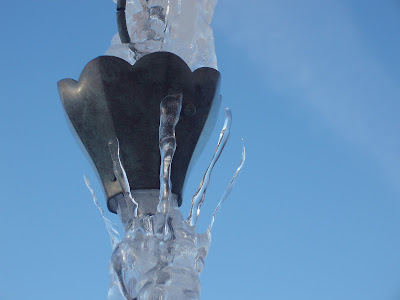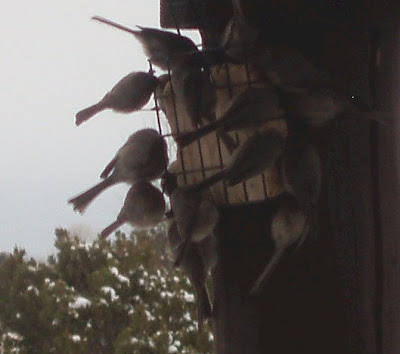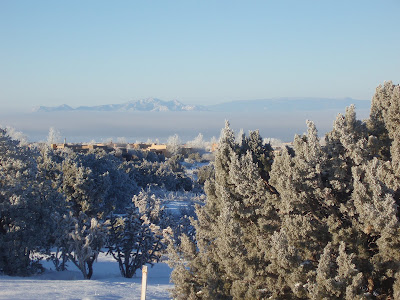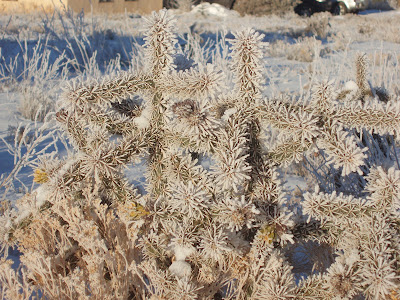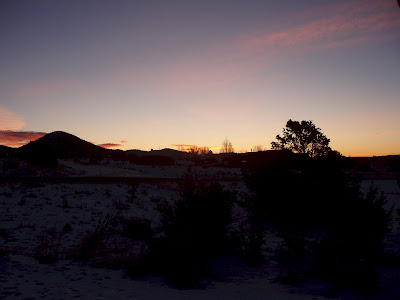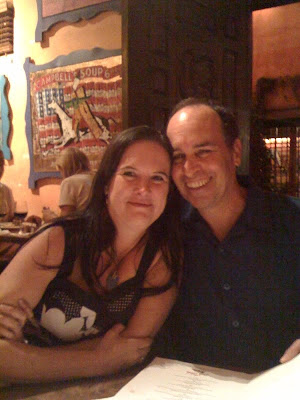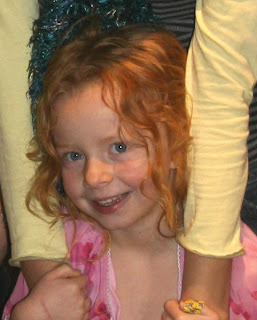
I really should scan in some of my photographs, so I don’t have to borrow pictures of my friends’ kids when I’m talking about my own childhood.
Though I love this pic of the red-headed urchin child born to one of my sorority sisters. I see a lot of my friend in this little girl’s face. Which is a lovely thing, I think.
So, I’m changing up my process again a little bit. As you may or may not recall, when I wrote Obsidian, that was a major writing transition for me. I had formed my writing habits around essays. That was a very natural way of working for me. I worked four ten-hour days at my job, then took Fridays off to write. I could generally write a full essay in that one day. Start to finish, I could hold the full idea in my head and get it all on the page.
When I went to write a longer work, which at first were a couple of narrative nonfiction books, I found this didn’t work. I obviously couldn’t write the entire thing in one day, I couldn’t quite hold the whole thing in my head and, if I wrote only one day a week, I would lose too much of it in between.
Eventually I gave in to the “write every day” crowd. At first it was quite painful. The other demands of my life didn’t lend themselves to writing at any other time than early morning. And I am *so* not a morning person. At that time of my life, though, I took or taught classes every night from when I finished work until sometimes 1 am.
Mornings it had to be.
Now it’s my pattern and it works for me. I get up early, exercise and write before starting work. Sometimes I have early meetings and that interferes, but in general, I get my words in every day. I’ve learned how to write a long work in increments, though I did it as I write essays: knowing my starting and ending point and letting the writing process wend me through it.
For a while now I’ve been wedded to that idea, that the true art of writing is letting the story emerge that way.
Several things have come together in the last week or so to change my mind. Allison is dealing with contract stuff and negotiating deadlines for her (very exciting!) three-book deal. She writes like I do, yet she’s expected to provide detailed synopses of Books 2 & 3, neither of which are written yet. The thought makes *me* nervous. I’ve realized that, not only is Allison going to have to change her process, now that writing is her job (albeit a second one), if I get a contract like this, which I want and I’m working towards, I will have to do the same thing.
I might as well start now, without the pressure of deadlines.
I mentioned at the beginning of the week that I’m taking this time to figure out what I’m working on next. I tried writing on my various projects, just to see which one wanted to flow. A new urban fantasy novel stepped forward and she’s going to be my dance partner for the next little while. I’ve been feeling like I should plot it out, but dreading that process. And maybe feeling like that’s an insincere way to approach a story
The other thing that happened was I ran across a quote at some point. I think someone tweeted it and I regret that I didn’t take note of who it was. But when I read it, I didn’t realize it would stick with me the way it did.
I thought it was Jung, so I Googled him and some of the words I recalled and found it on this site, which has a lot of really great quotes on this topic. This is the quote that caught the edge of my attention, attached itself and like a burr finally buried its way in enough to prick me:
Man is most nearly himself when he achieves the seriousness of a child at play.
Heraclitus, Greek philosopher, 535-475 BCE
On the way, I also saw this one:
The creation of something new is not accomplished by the intellect but by the play instinct.
Carl Jung, Swiss psychoanalyst, 1875-1961
That quote by Heraclitus reminded me of my childhood games with Linda Ceriello. We would create these elaborate games with stuffed animals and model horses, such as boarding school. We spent hours and hours in prep, giving each animal a name and sometimes a family history. We created course curricula and interpersonal conflicts. In fact, we rarely ended up playing the actual game for very long because we spent so much time on the set-up.
You’re probably way ahead of me here, but it hit me (sun breaking through the clouds, angels singing) that this was PLOTTING. Something about remembering the seriousness of our play and how gloriously fun it was, showed me that I have been plotting stories all my life. I just didn’t know I was doing it.
And see? Jung wasn’t the correct source, but he has something to serendipitously add: that new things are created through play, not intellect.
This means something to me because lately I’ve been feeling like I’m not as intelligent as I once was — no, I don’t know why I feel this way — and I’m wondering if I even can create a complex world like I have in mind for this novel. Knowing that I can do what I did as a child liberated me and now I’ve been writing up this world, plotting it out.
I still seem to need the process of writing, but I’m just describing things, characters, religions, history. I throw in snippets of dialogue here and there, bits of pertinent interpersonal relationships.
The best part: it’s really fun. Thanks for those days, Linda!
 I debated this morning: yet another sunset photo or yet another rain chain pic?
I debated this morning: yet another sunset photo or yet another rain chain pic?


